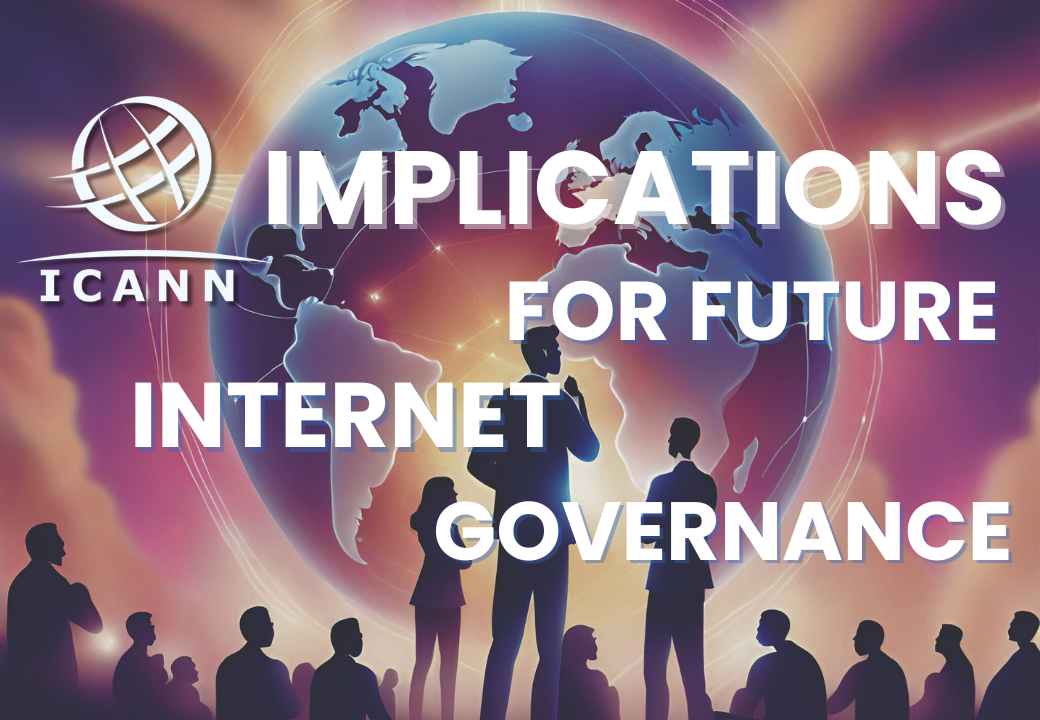ICANN recently found itself at a crossroads over an expansion of its powers that could effectively turn it into a content police. This debate has sparked significant controversy, highlighting the complexities of internet governance and the delicate balance between regulation and freedom. Here’s an exploration of the recent developments and the varied perspectives involved.
ICANN’s proposal and community backlash
ICANN proposed amending its bylaws to allow Registry Voluntary Commitments (RVCs), which would enable it to regulate content within domain zones. This proposal raised eyebrows because it would mark a significant shift from ICANN’s traditional role of overseeing domain names to actively policing content. The idea was to allow registry operators to set their content standards, which ICANN would enforce, contingent upon compliance assessments by third-party auditors.
The proposal received a mixed reaction from different ICANN stakeholder groups:
- Registrars and Registries: Strongly opposed the change, highlighting the risk of a slippery slope towards extensive content policing. They argued that such measures would impose unnecessary burdens on ICANN and could lead to subjective enforcement issues.
- Non-Commercial Stakeholders Group (NCSG): Voiced concerns about legal challenges, emphasizing that ICANN’s mission explicitly excludes content regulation. They reminded that mission limitations were crucial in ICANN’s transition from U.S. government oversight.
- Business and Intellectual Property Constituencies: Supported the idea of content-related RVCs but argued no amendment to the bylaws was necessary due to existing provisions.
- At-Large Advisory Committee: Representing internet users, suggested that while ICANN should not impose content rules, registry operators could voluntarily adopt them, necessitating a bylaws amendment to clarify enforcement roles.
The Governmental Advisory Committee’s, with significant influence within ICANN, expressed that while RVCs could address some governmental concerns in future domain name applications, there isn’t enough consensus to amend the bylaws at this stage. They emphasized the need for broad community support before making such a fundamental change.
Implications for future internet governance
This situation illustrates the ongoing tension between regulatory oversight and maintaining the internet as a free and open platform. ICANN’s move towards content regulation could set a precedent that affects how the internet is governed globally. Stakeholders are rightly concerned about the potential overreach and the implications for free expression and innovation.
In conclusion, while the intention behind ICANN’s proposed changes might be to streamline and standardize domain name content policies, the lack of consensus and the significant implications for internet freedom and governance suggest that any move towards content policing should be approached with caution. This debate is a reminder of the complexities involved in internet governance and the continuous need for transparent and inclusive discussions among all stakeholders.
Kamil Kołosowski
Author of this post.
